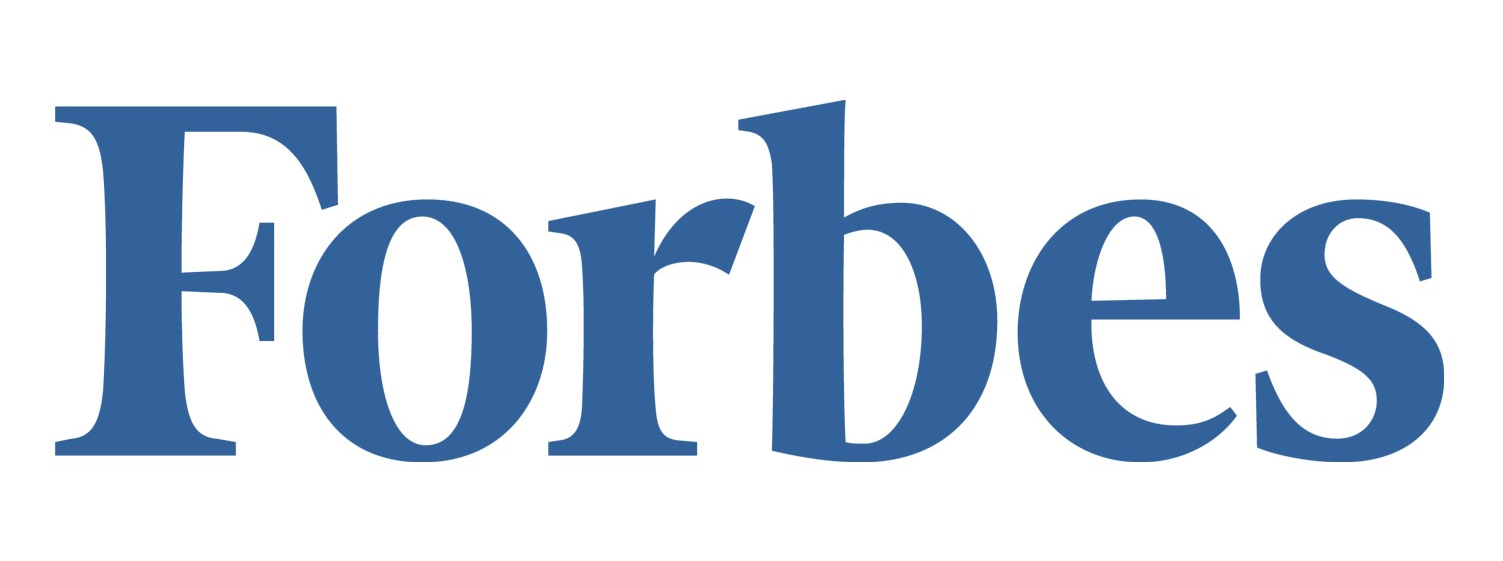You are looking at an archived version of our site. Please visit thepcc.org for a fresh, new experience!
You are here: Array » Like It Or Not, Obamac ...
Like It Or Not, Obamacare Is Reshaping The Healthcare Industry
As we approach the one-year anniversary of Obamacare’s launch, the pundits continue to argue over whether or not it’s working. Meanwhile, something much bigger is happening. Whatever you think of its merits, the Affordable Care Act is re-shaping American healthcare, radically altering business models that hadn’t changed in decades.
Ever since before the U.S. Supreme Court declared the ACA constitutional two years ago, health care executives have been busy recreating their businesses as if their livelihoods depend on it — which they do. They know that very soon they will be compensated not just for filling hospital beds, but for keeping patients out of the hospital altogether. That shifting of incentives, from patient volumes to patient outcomes, is already having profound effects on our health system — and presenting intriguing opportunities for investors.
On both local and national levels the old pay-for-service framework is giving way to a pay-for-performance model — creating new revenue streams for companies that previously weren’t directly involved in care delivery. Here in Southern California, Los Angeles County, CVS Caremark and the UCLA health system have created a new model for delivering primary care. Every CVS Minute Clinic in Los Angeles County is now a UCLA Minute Clinic, each one connected to UCLA’s medical records system. Meanwhile, the UCLA health system now operates three urgent care clinics in West LA, and has stationed more than 150 community offices around the county-including one every four miles along the 101 corridor.

Recent News
August 16, 2024
August 12, 2024
July 16, 2024
May webinar highlights: “The Commercial Market: Alternative Payment Models for Primary Care” Nate Murray explains w… https://t.co/KX9Wi2w6oY —
Il y a 2 années 7 mois
@CMSinnovates’ primary care strategy is rooted in a 2021 @theNASEM’s report which called #primarycare “foundational… https://t.co/glbPxvCysg —
Il y a 2 années 7 mois
@CMSinnovates has a new #primarycare strategy, envisioning “ACO-based primary care model tests that may focus on pr… https://t.co/aJGF1z411l —
Il y a 2 années 7 mois
- Page 1
- ››
Secondary menu
Copyright © 2024 Primary Care Collaborative



